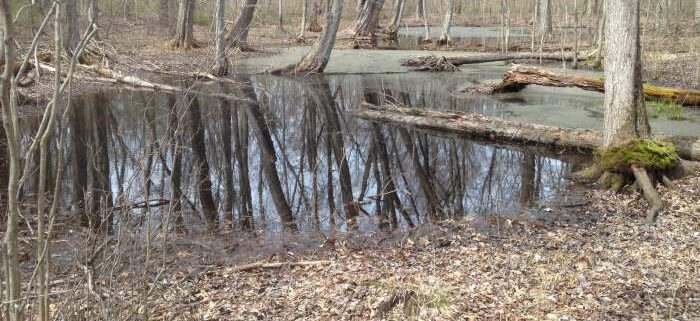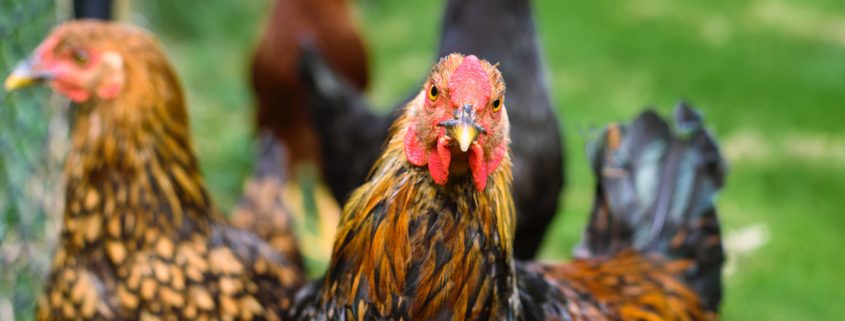Bluebell Festival: Saturday, 6 April 2019
Please sign up to volunteer by 31 March 2019.
The bluebells are starting to bloom at Riverbend Park! This means spring is around the corner …and so is the Bluebell Festival! The Bluebell Festival is one of Riverbend’s biggest events of the year and a perfect opportunity to celebrate Riverbend and promote its preservation goals. Wonderful volunteers are needed to ensure the event is a success!
REGISTER HERE: https://volunteer.fairfaxcounty.gov/recruiter/index.php?recruiterID=1380&class=OppDetails&oppGuid={E596D26B-0BF0-4D61-801B-61CFFE753CBB}&t=Bluebell-Festival-Volunteer
CONTACT: [email protected]
SHIFTS: 9AM-12PM, 11:30AM-2:30PM, or 9AM-2:30PM
April Volunteer Orientation: Restoration, Programs, and Park Support
Saturday, 13 April 2019
11am – 1:30 pm
Are you interested in becoming a Riverbend Park volunteer? Do you want to learn more about habitat restoration, nature/outdoor educational programs, or how to support the park? Join us on April 13th at our upcoming Volunteer Orientation event from 11AM-1:30PM. Volunteers will learn about Riverbend’s volunteer program, available opportunities, and upcoming events and then participate in a hands-on restoration project or interactive training to get started!
REGISTER HERE: https://volunteer.fairfaxcounty.gov/recruiter/index.php?recruiterID=1380&class=OppDetails&oppGuid={A5D09A6F-5888-469B-91ED-54CDC30C8DAA}&t=April-Volunteer-Orientation-Restoration-Programs-and-Park-Support
CONTACT: [email protected]
Note: this is the last orientation event until the fall! If you are interested, but cannot attend let Valeria know.
Become a School Programs Lead Volunteer!
Apply by 7 April 2019
Riverbend Park is in search of motivated naturalists interested in helping to educate local students about nature, culture, and history through our field trip programs! School programs run on weekday mornings during Spring and Fall. Topics include soils, Native American history, ecology/wildlife, watershed science, geology, and more!
APPLY HERE: https://volunteer.fairfaxcounty.gov/recruiter/index.php?recruiterID=1380&class=OppDetails&oppGuid={2F32EB07-0B40-4180-AB3D-6E5D200BF187}&t=School-Programs-Lead-Volunteer-Riverbend-Park
CONTACT: [email protected]
Become a Programs Assistant Volunteer!
Orientation on 13 April 2019
We have Program Assistant opportunities for outdoor rec programs, nature programs, scout programs, and summer programs. These will be included at the Volunteer Orientation on April, 13th! Whether you have a passion for hiking, birding, fishing, canoeing, kayaking, trees, wildlife, campfires, rocks, etc… we’ve got an opportunity for you!
TO SIGN UP CONTACT: [email protected]
For more opportunities: https://volunteer.fairfaxcounty.gov/recruiter/index.php?recruiterID=1380&class=OppSearchResults&orgid=71673
Fairfax Master Naturalists: record your hours as E110: FCPA Nature Programs.


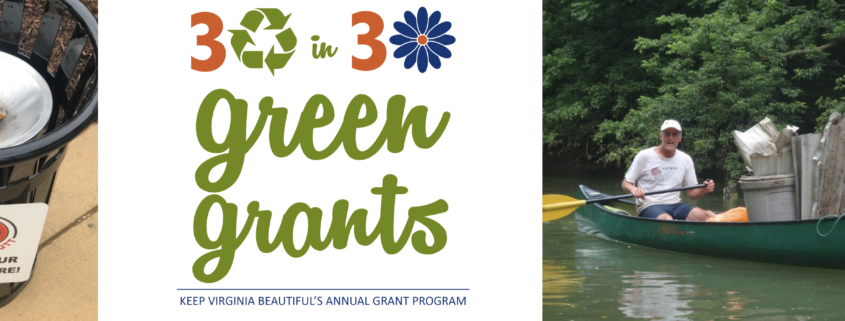
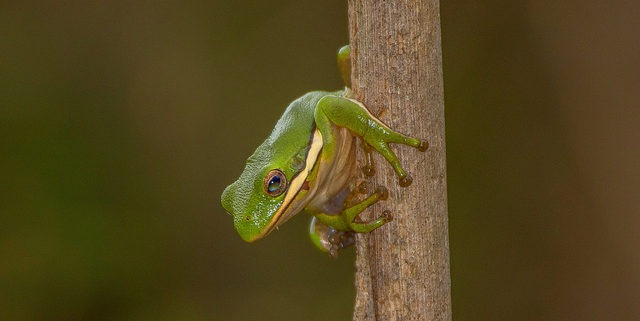
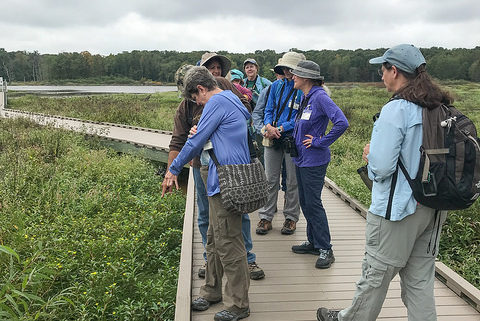
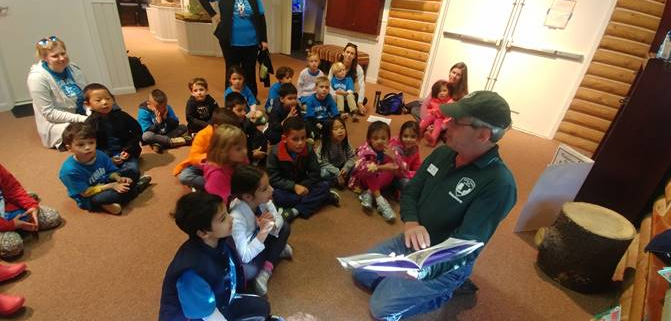
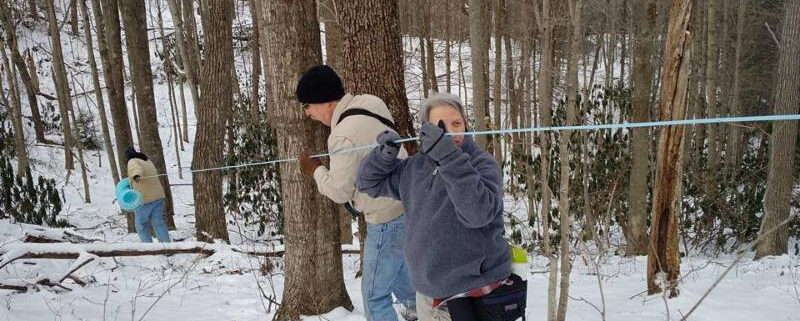
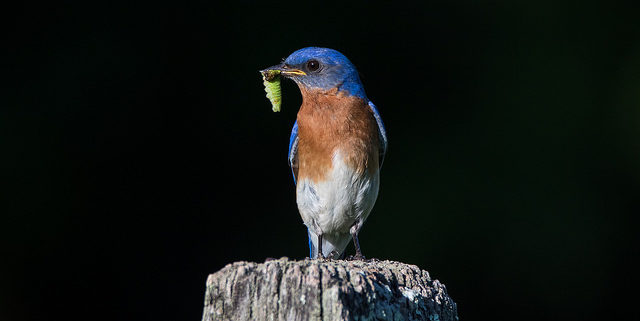
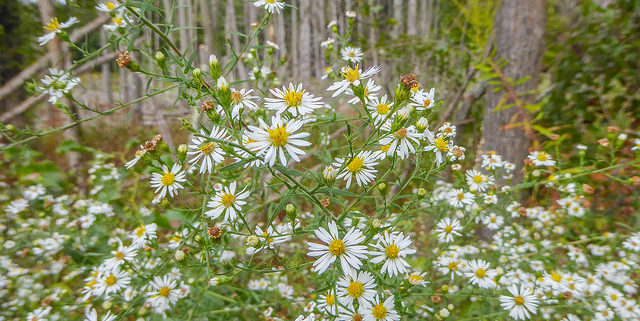
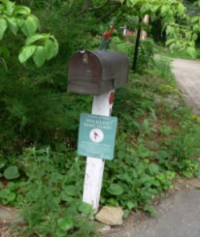 mission to restore natural habitat. The program offers information, on-site consultation and recommendations to help you establish and nurture sustainable natural habitat in your backyard, neighborhood, school, church, park or business in spaces that range from a small corner of your yard to many acres. Results-based sanctuary certification depends on the success of the habitat to attract and support wildlife. The program seeks to expand wildlife habitat in the area and fosters appreciation for the value of native plants and all the wildlife that depend on them.
mission to restore natural habitat. The program offers information, on-site consultation and recommendations to help you establish and nurture sustainable natural habitat in your backyard, neighborhood, school, church, park or business in spaces that range from a small corner of your yard to many acres. Results-based sanctuary certification depends on the success of the habitat to attract and support wildlife. The program seeks to expand wildlife habitat in the area and fosters appreciation for the value of native plants and all the wildlife that depend on them.